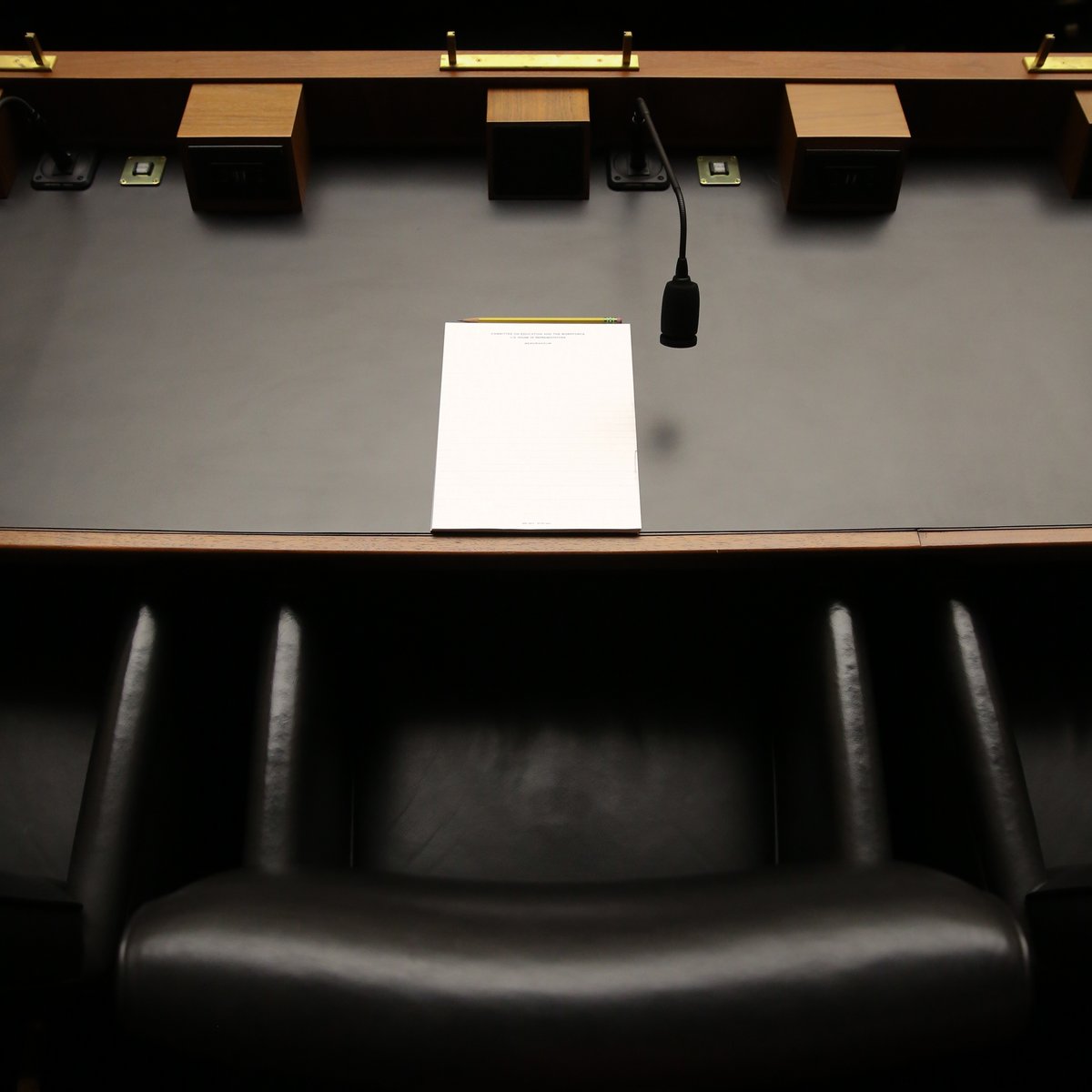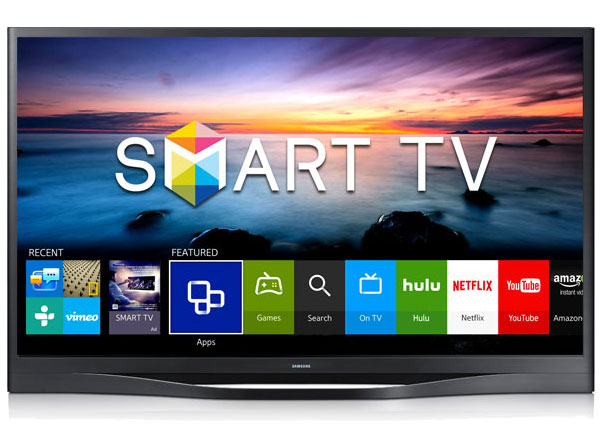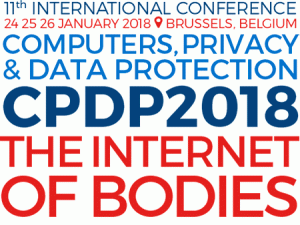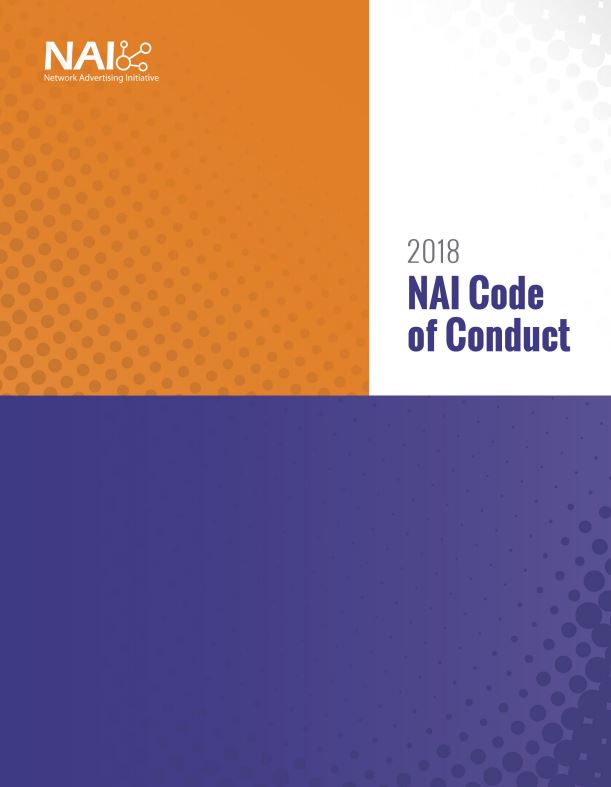Showing results for mid2024 20meta promo code matte mid2024 20meta

AI and Machine Learning: Perspectives with FPF’s Brenda Leong
[…] which FPF released last October. Most of what has been implemented is machine learning – algorithms that can evaluate their own output and make adjustments to their code without human involvement. Machine learning is used in image recognition, facial recognition, sensory inputs for autonomous vehicles, and many other tasks. I like the definition of […]

FPF's Amelia Vance on the Future of Student Privacy
[…] actionable resources for different audiences. The Student Privacy Pledge has been one of our most successful projects. Co-founded with SIIA, the Pledge is a Federal Trade Commission-enforceable code of conduct for edtech vendors. Now with nearly 330 companies as signatories, the Pledge was designed to both raise awareness of best practices and facilitate their […]

Privacy Features of iOS 12 and MacOS Mojave
[…] must respect the user’s permission settings and not attempt to manipulate, trick, or force people to consent to unnecessary data access. (5.1.1) New language in the Developer Code of Conduct states: “Customer trust is the cornerstone of the App Store’s success. Apps should never prey on users or attempt to rip-off customers, trick them […]

FPF Testifies Before Federal Commission on School Safety
[…] safeguards, as it considers options to improve school safety; Support efforts to better educate and communicate with stakeholders regarding existing legal authorities that permit data sharing to promote health and safety within a framework that mitigates privacy risks to students; and Call for neutral, expert analysis of empirical data regarding the nature, extent, and […]

Ensuring School Safety While Also Protecting Privacy: FPF Testimony Before the Federal Commission on School Safety
[…] be explicit with students and parents that these tools are designed to curb and respond to threats of violence and harm – not petty infractions of school codes. When a school develops its emergency response plan, it should articulate guidelines about what constitutes a threat to the health or safety of a student, as […]

Facebook and Cambridge Analytica: Statement by Jules Polonetsky, FPF CEO
[…] media users with political ads remains an ongoing issue today.” Although GDPR does capture the activity of political actors in Europe, guidance in the form of a Code of Conduct for political advertisers would be welcome, according to a new opinion from the European Data Protection Supervisor. How can we support more legitimate research […]

Taming The Golem: Challenges of Ethical Algorithmic Decision-Making
[…] a “black box” that is inevitably plagued by bias and potential injustice. While recognizing that algorithms are man-made artifacts, written and edited by humans in order to code decision-making processes, the article argues that a distinction should be drawn between “policy-neutral algorithms,” which lack an active editorial hand, and “policy-directed algorithms,” which are intentionally framed […]

Seeing the Big Picture on Smart TVs and Smart Home Tech
[…] Deletion Advertising using Smart TV Data is a Nascent, but Growing Industry Conclusions What Makes a TV “Smart?” Smart TVs – or, as they are often promoted, “intelligent TVs,” are TVs that connect to the Internet to allow users to access streaming video services (such as Netflix or Hulu), other online media or […]

From cross-border transfers to privacy engineering, check out all panels and events FPF will be a part of at CPDP2018
[…] regarding the ePrivacy Regulation and the implementation of the GDPR to ensure better protection against physical tracking? Can self-regulation initiatives such as the Future of Privacy Forum code of conduct help improve the situation? Privacy engineering, lingua franca for transatlantic privacy Wednesday, January 24, 11.45, La Cave The Future of Privacy Forum is organizing […]

NAI Combines Web, Mobile, and Cross-Device Tracking Rules for 2018
The Network Advertising Initiative (NAI) released its 2018 Code of Conduct yesterday, consolidating the rules for online and mobile behavioral advertising (interest-based advertising). NAI, a non-profit organization in Washington, DC, is the leading self-regulatory association for digital advertising, with over 100 members and a formalized internal review mechanism.
